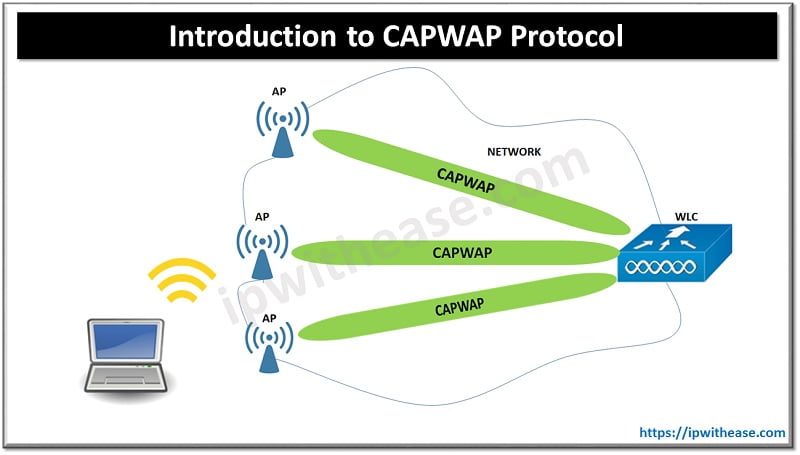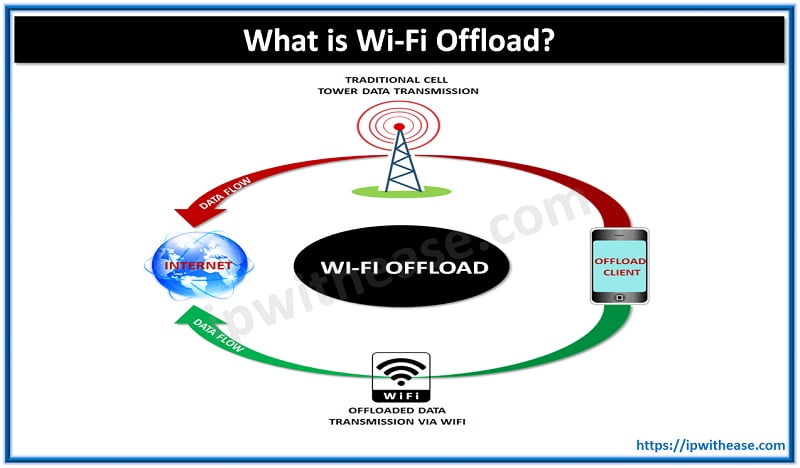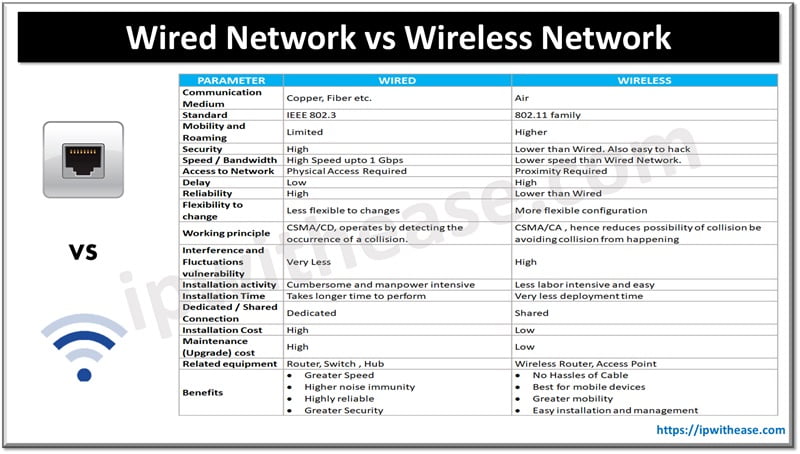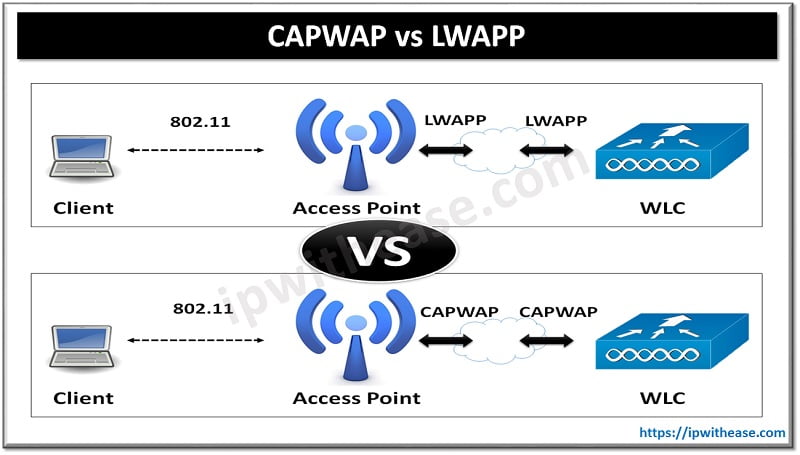
Before discussing CAPWAP vs LWAPP, let’s understand the two terms first.
What is LWAPP?
LWAPP is an abbreviation for Lightweight Access Point Protocol. LWAPP was introduced in RFC5412 and defined the process of authenticating an AP with a controller, distributing firmware and configuration and defining the transport header for LWAPP traffic.
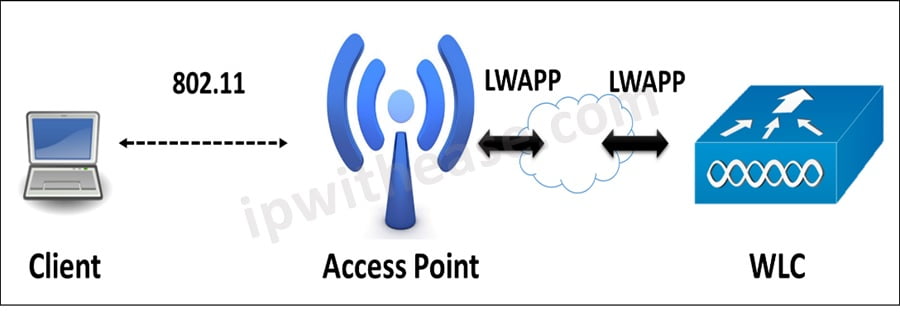
What is CAPWAP?
CAPWAP is an abbreviation for Control and Provisioning of Wireless Access Points and interoperable protocol that enables a Wireless LAN Controller (WLC) to manage access points (AP) or wireless termination points (WTP). CAPWAP is based on the Lightweight Access Point Protocol (LWAPP).
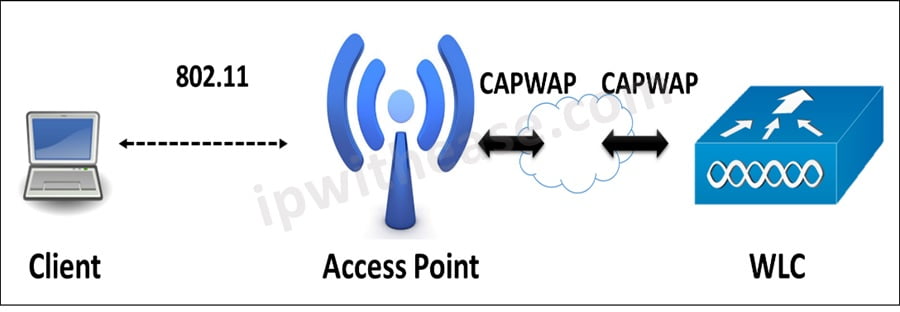
LWAPP-enabled access points can discover and join a CAPWAP controller, and conversion to a CAPWAP controller is seamless.
The LWAPP protocol was the first protocol to be proposed. It was initially designed by Airespace, which was later bought out by Cisco in 2005.
Comparison : CAPWAP vs LWAPP protocols –
| PARAMETER | CAPWAP | LWAPP |
|---|---|---|
| Abbreviation for | Control and Provisioning of Access Points | Lightweight Access Point Protocol |
| Introduction year | 2009 | 2005 (bought by Cisco) |
| Controller Software Release | Release 5.2 or later | Releases prior to 5.2 |
| DTLS Security | Yes | No |
| L2 Mode | Not Supported | Supported |
| Data plane encryption | 5500 WLCs only | No |
| Fragmentation | CAPWAP fragmentation | IP fragmentation |
| MTU discovery | Yes | No |
| Protocol control ports | 5246 | 12222 |
| Protocol data ports | 5247 | 12223 |
| Related RFC | RFC 4564, RFC 5418, RFC 5415 , RFC 4347 | RFC5412 |
![]()
Download the difference table here.
Related- Wireless Interview Questions
ABOUT THE AUTHOR

You can learn more about her on her linkedin profile – Rashmi Bhardwaj

